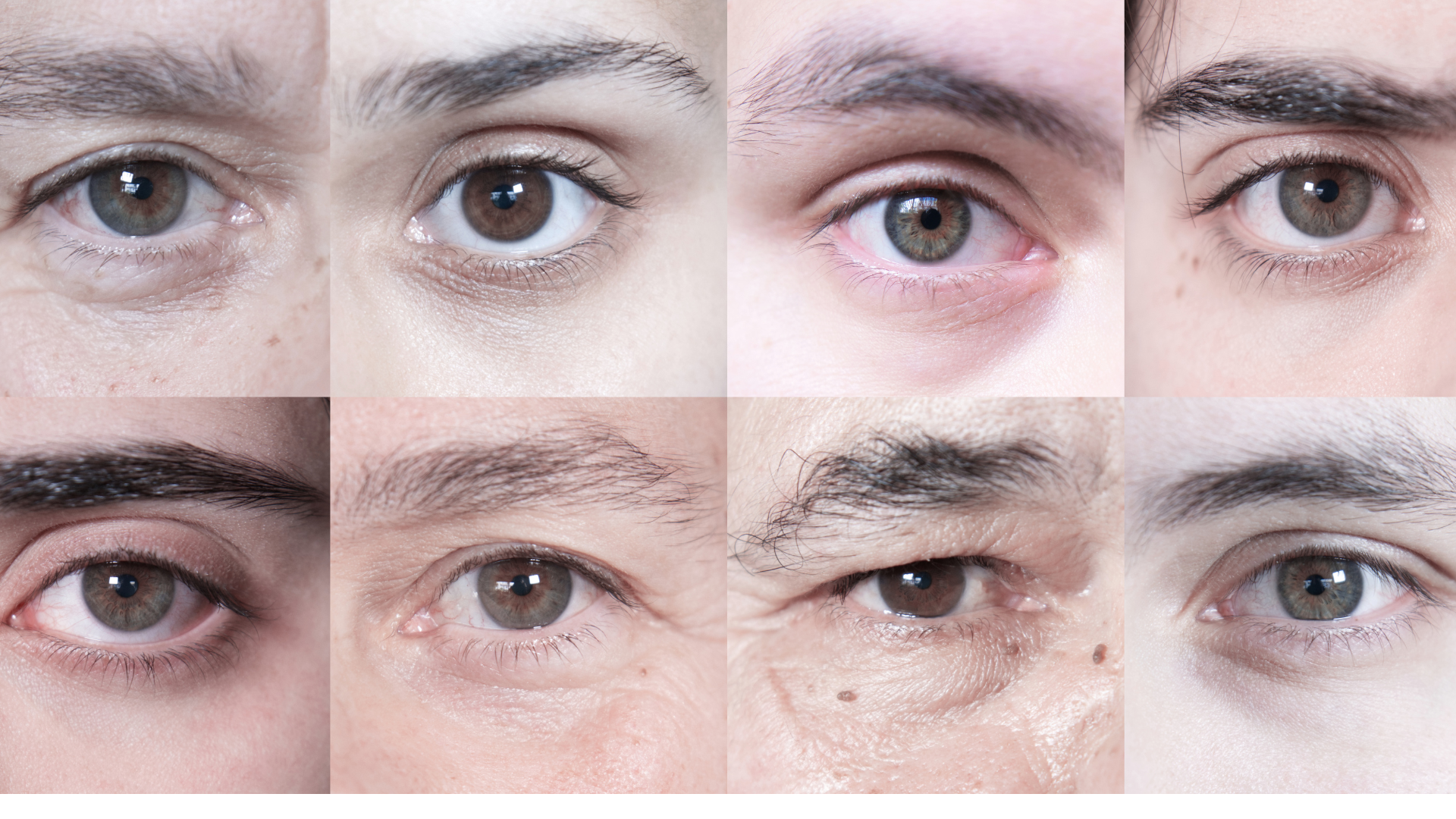
Introduction
Have you ever looked in the mirror and wondered why you have your dad’s nose or his knack for storytelling? While some traits we inherit from our fathers are quite obvious, others can be surprisingly hidden beneath the surface. In this blog, we’ll dive into the fascinating world of genetics to uncover the surprising traits you might have inherited from your dad.
Understanding our genetic makeup isn’t just about satisfying curiosity. It can offer profound insights into our health, behaviors, and even our quirks. So, what exactly have you inherited from your father? Let’s find out.
Read More: Traits You Didn’t Know You Inherited from Your Mum
The Basics of Genetic Inheritance
Genetic inheritance is the process by which parents pass down their genes to their offspring. Humans have 23 pairs of chromosomes, and each parent contributes one chromosome to each pair. This means that roughly 50% of our genetic material comes from our fathers. While this basic principle is widely known, the specifics of which traits get passed down and how can be quite complex.
Studies have shown that certain traits are more likely to be inherited from fathers than mothers. For example, the Y chromosome, which determines male sex, is inherited directly from the father. But beyond the obvious, there are many other characteristics influenced by paternal genetics.

Common Traits Inherited from Fathers
Eye Color
One of the most noticeable traits is eye color, often inherited from our fathers.

Hair Type
Whether you have curly or straight hair can be influenced by your dad’s genes.
Height
Your father’s height can play a significant role in determining your own.
Scientific Insight: Genes like OCA2 and HERC2 are involved in eye color, influenced by paternal genetics. Similarly, the FGFR2 gene affects hair type, while multiple genes contribute to height, many inherited from fathers.
Read More: Thinking About Becoming A Father?
Surprising Traits You Might Inherit from Your Dad
Behavioral Traits
Certain behaviors, such as a love for adventure or risk-taking, can be inherited from your father.
Health Predispositions
Conditions like heart disease or certain cancers can be passed down paternally. One of the most common ones is Lynch syndrome, which can elevate your risk for colorectal and other cancers. The BRCA genes, often talked about in relation to breast cancer, can also come from your father.
Unique Physical Characteristics
Traits like a specific type of earlobe or finger length can be inherited from your dad. Some quirky traits, like webbed toes, are linked to the Y chromosome. These Y-linked disorders are passed directly from father to son, creating a unique family trait you can trace back through generations.
Case Studies: There are numerous anecdotes of individuals discovering unexpected traits inherited from their fathers, such as a talent for music or a predisposition to anxiety.
The Science Behind the Surprise
Understanding the science of genetic inheritance can be both fascinating and enlightening. For instance, certain behavioral traits linked to dopamine receptor genes (like DRD4) can be inherited from fathers, influencing risk-taking behavior. Health predispositions, such as a higher risk for cardiovascular diseases, can be traced through genetic markers like the 9p21 gene region.
Read More: 7 Activities To Do With Your Dad On Father’s Day
Hear From Our Community of Circlers
We encourage you to share your own experiences in the comments. What surprising traits did you inherit from your dad?

Read More: Changemakers: Celebrating Dad’s Stories
Why Understanding Your Genetic Inheritance Matters
- Health and Wellness
Knowing your genetic makeup can help you make informed health decisions, such as being aware of potential hereditary conditions. - Practical Applications
Understanding your genetic heritage can influence lifestyle choices, from diet to fitness plans tailored to your genetic advantages or vulnerabilities.
Taking a DNA Test: Strengthening the Father-Child Bond
Taking a DNA test can be a powerful tool in fostering a stronger relationship with your father. It offers a shared journey of discovery, sparking conversations about family history and health. It can also provide a deeper appreciation for the traits and characteristics passed down through generations, creating a bond over shared genetic heritage.

Conclusion
Genetics play a fascinating role in shaping who we are, from the obvious traits to the less apparent ones. By understanding what we’ve inherited from our fathers, we can gain valuable insights into our health, behaviors, and unique characteristics.
Exploring your genetic heritage is not just about science; it’s a journey of discovery that can bring you closer to your family. So, why not take a DNA test and uncover the surprising traits you share with your dad?
Still haven’t found a perfect Father’s Day gift? Consider gifting Dad a Premium DNA Test! If that doesn’t tickle your fancy, here are some ideas to give dad a great big treat, and also some healthy gift ideas to show you care.
We encourage you to explore your genetic heritage and share your findings. What did you discover about your own genetic makeup? Let us know in the comments below!
Do you believe that knowing your genetic inheritance can positively impact your relationship with your parents? Share your thoughts!
References
- OCA2 and HERC2 Genes and Eye Color: Sturm, R. A., & Larsson, M. (2009). Genetics of human iris colour and patterns. Pigment Cell & Melanoma Research, 22(5), 544-562. Link
- FGFR2 Gene and Hair Type: Tan, J., Yang, Y., Tang, K., Sabeti, P. C., Jin, L., & Wang, S. (2013). The adaptive variant EDARV370A is associated with straight hair in East Asians. Human Genetics, 132, 1187-1191. Link
- Height Inheritance: Wood, A. R., Esko, T., Yang, J., Vedantam, S., Pers, T. H., Gustafsson, S., … & Visscher, P. M. (2014). Defining the role of common variation in the genomic and biological architecture of adult human height. Nature Genetics, 46(11), 1173-1186. Link
- Behavior Inheritance (Dopamine Receptor Genes): Eisenberg, D. T. A., Campbell, B., Gray, P. B., & Sorenson, M. D. (2008). Dopamine receptor genetic polymorphisms and body composition in a sample of Papua New Guinea adults. BMC Evolutionary Biology, 8, 34. Link
- Health Predispositions (Cardiovascular Diseases): McPherson, R., Pertsemlidis, A., Kavaslar, N., Stewart, A., Roberts, R., Cox, D. R., & Hinds, D. A. (2007). A common allele on chromosome 9 associated with coronary heart disease. Science, 316(5830), 1488-1491. Link
- General Information on Genetic Inheritance: National Human Genome Research Institute. (2021). Genetic Inheritance. Link






